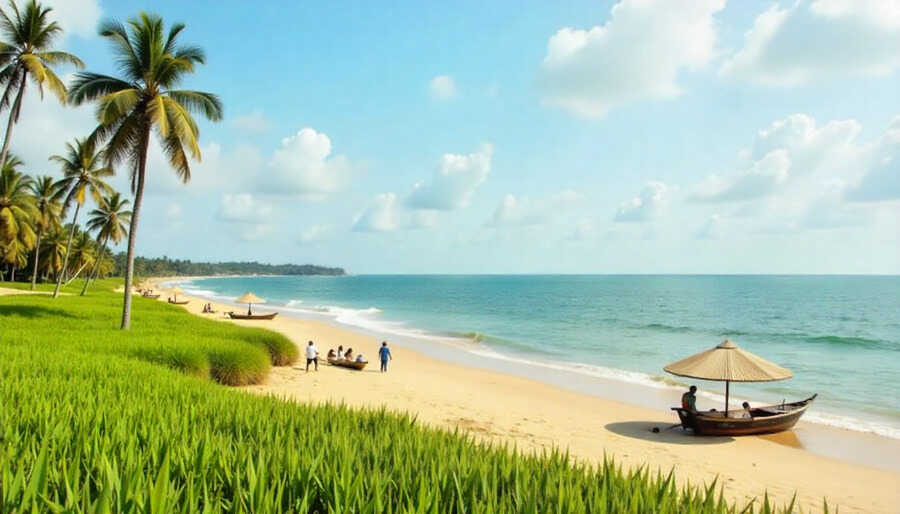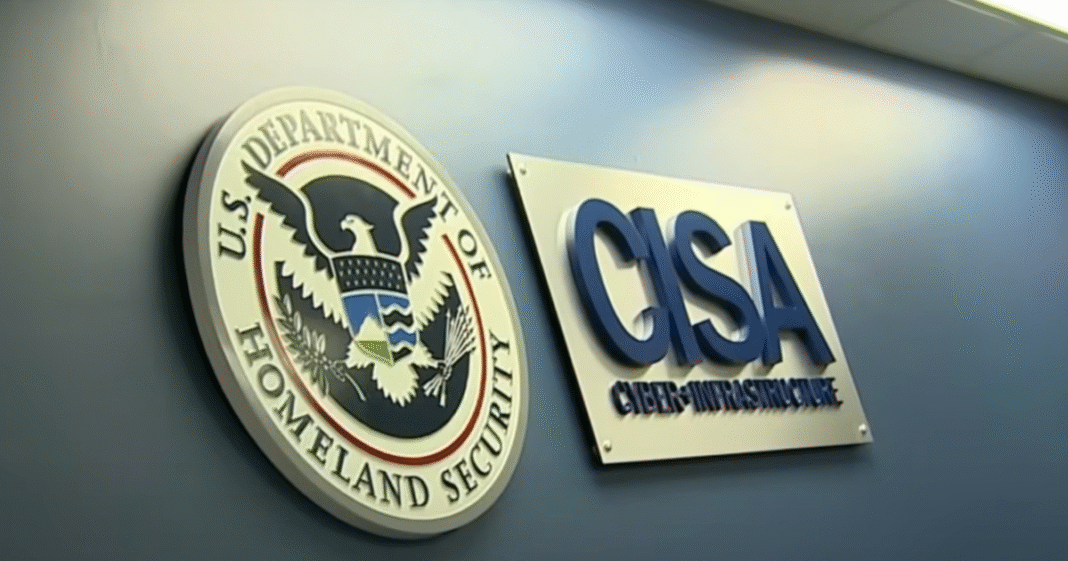Published on
October 16, 2025

The coastal region from Fort Kochi to Thekkanpozhi is poised for a major tourism overhaul, with plans to develop a 19.5 km corridor connecting approximately 50 underdeveloped destinations across the city corporation and the Chellanam and Kumbalangi panchayats. The initiative aims to integrate natural beauty, cultural heritage, and sustainable practices to create an immersive tourism experience while providing socio-economic benefits to local communities.
The project, recently showcased at the Blue Economy Conclave, is under detailed evaluation by the monitoring committee. With an estimated cost of Rs 457 crore, it focuses on tapping into the region’s hidden potential, turning overlooked backwaters, beaches, and cultural hubs into accessible, well-equipped tourist attractions.
Central to the proposal are the tranquil backwaters spanning Kalathara Kayal and Kallanchery Kayal. Stretching over six kilometers, these waterways promise an authentic experience of Kerala’s aquatic landscapes. Plans include the construction of viewing decks, boating facilities, and scenic pathways to enhance interaction with the region’s unique ecosystem. By highlighting these backwaters, the corridor aims to offer tourists both relaxation and adventure, creating a memorable coastal experience.
The region’s beaches are equally important in the development plan. Puthanthodu Beach, which attracts daily visitors, is earmarked for expansion into a major tourist destination. Harbour Beach and Chanthakadappuram are also slated for development to provide experiences comparable to Cherai Beach in Vypeen. The corridor’s design ensures a seamless journey along the coastline, linking Fort Kochi’s historical charm with Alappuzha’s international appeal, allowing visitors to enjoy diverse coastal attractions in a single itinerary.
Beyond the water and sand, the corridor boasts extensive natural and agricultural landscapes. Over a dozen pristine beaches, expansive paddy fields covering more than 70% of the coastal region, and migratory bird-watching zones enrich the corridor’s appeal. Rural tourism features, including farm stays, aquaculture demonstrations, and guided eco-tours, are designed to provide meaningful visitor engagement while generating sustainable livelihoods for local communities.
Cultural offerings are an integral part of the plan. Tourists will have the opportunity to sample traditional fish-based cuisine, toddy, and other local delicacies. Festivals, folk art performances, and regional theatre forms will showcase the area’s vibrant cultural identity. This combination of gastronomy and cultural immersion is aimed at creating a holistic experience that goes beyond conventional sightseeing, allowing visitors to connect with the everyday life and traditions of the coastal communities.
The corridor is home to approximately 1.2 million people, and the development is expected to have a significant socio-economic impact. By generating employment opportunities in tourism and hospitality, improving infrastructure, and promoting local businesses, the project intends to uplift the region while ensuring sustainable environmental practices. The plan emphasizes preserving wetlands, backwaters, and agricultural lands while enhancing visitor access and amenities.
Infrastructure enhancements are central to the proposal, including improved transportation, upgraded connectivity between villages, and the creation of visitor facilities such as rest areas, observation points, and information centers. These measures aim to make exploration of the corridor convenient and enjoyable while maintaining ecological balance.
The West Kochi coastal corridor is envisioned as a showcase for the harmonious blend of nature, culture, and community life. By offering a combination of scenic beaches, lush backwaters, paddy fields, and authentic cultural experiences, it is positioned to attract both domestic and international tourists. The corridor will allow visitors to experience rural lifestyles, witness traditional art forms, and participate in culinary and cultural events that highlight the region’s unique identity.
Community engagement is a key component of the project. By promoting local crafts, encouraging participation in festivals, and integrating residents into tourism activities, the corridor aims to foster economic self-reliance and cultural preservation. The initiative serves as a model for balanced, sustainable development that benefits both tourists and the people who call West Kochi home.
Once realized, the corridor will redefine coastal tourism in Kerala, blending environmental stewardship, cultural vibrancy, and modern infrastructure into a compelling visitor experience. It promises to transform West Kochi into a landmark destination, offering an inclusive and immersive journey that celebrates the region’s natural, cultural, and social richness.



